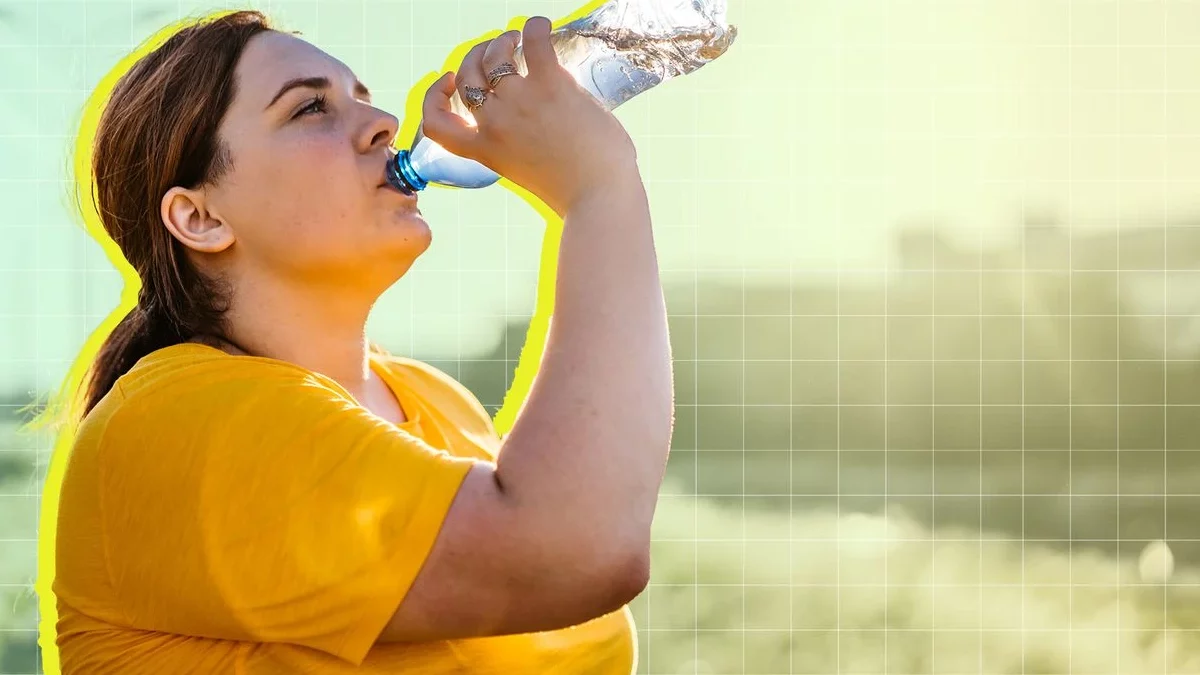Table of Contents
How Much Water is Too Much
You see that you need to drink water every day to stay healthy. But how much water is too much.
And what can you do to avoid water overload and associated medical problems?
Knowing more about some simple guidelines can help you make the right decisions when determining your daily water intake
What is the toxicity of water?
- Water toxicity, or water poisoning, can happen if you drink too much water.
- Although rare, this condition can be dangerous if you don’t consume enough electrolytes, especially sodium, to balance high [water] intake.
- Although drinking [water] is essential to avoid dehydration and the negative health effects, overload can be more dangerous than you think.
How much water is too much to drink?
- Every person is different, as the amount of water that can be lost through sweat and other body functions varies from person to person.
- Investigate shows that consuming 2 quarts (8 cups) of [water] per hour seems dangerous, but it depends on your size.
- The quantity of water your kidneys can remove from your body and the efficiency of that process.
- The significant thing is to make sure you are consuming sodium or other electrolytes if you are consuming a large amount of [water].
- In a short period and to watch for signs of water toxicity in addition to dehydration.
What are the symptoms of water toxicity?
If you’ve stayed drinking a lot of [water] in a petite period, watch out for the following symptoms of water toxicity.
If you experience them, you are probably drinking too much water:
- Sickness
- Vomiting
- Headaches
- Muscle cramps
- Muscular weakness
- Double vision
- Increases in blood pressure
- Tiredness
- Confusion
- Respiration problems
- Sensory malfunction
In severe cases of water overload, brain damage, seizures, or even coma can also occur:
- Drinking too much [water] without sufficient sodium can increase the pressure inside your skull, which is a risk factor for many of the above signs and symptoms.
- Although rare, the toxicity of [water] can even be fatal in some cases.
- Suppose you experience severe [water] toxicity symptoms, such as confusion, vision problems, shortness of breath.
- The Seizures, or vomiting, consume an electrolyte drink or eat a salty snack and seek immediate medical attention.
- The earlier you balance fluids with electrolytes, the better your chances of avoiding serious medical problems.
How Much Water Should I Drink?
How much [water] you should drink daily rest on your size, activity level, body composition, and the number of fluids your body loses daily from sweating:
- As a rule of thumb, women need a little more than 11 cups of fluids a day to maintain optimal body function and avoid the unwanted side effects associated with dehydration.
- You may need extra or less than this, as every woman is different.
- To ensure you are getting enough fluids each day, make sure your urine is light or light yellow, not dark yellow or brown, which can indicate dehydration.
- According to the Cleveland Clinic, it is normal to urinate six to eight times in 24 hours.
- It is just a guide, but if you urinate a lot less or a lot more than this, you could be getting too little or too much fluid.
- Also, weigh yourself before and after exercising. If you’ve lost weight during exercise, you are probably dehydrated.
The next time you whole a strenuous or long-lasting sweat session, keep track of your fluid intake.
Reflect the following hydration guidelines :
- 2 hours before exercise: drink about 17-20 ounces (2-2.5 cups)
- In Every 10-20 minutes during exercise: drink about 7-10 ounces (about 1 cup)
- After workout: drink approximately 16-24 ounces of [water] for every pound of bodyweight loss due to sweating (about 2-3 cups)

